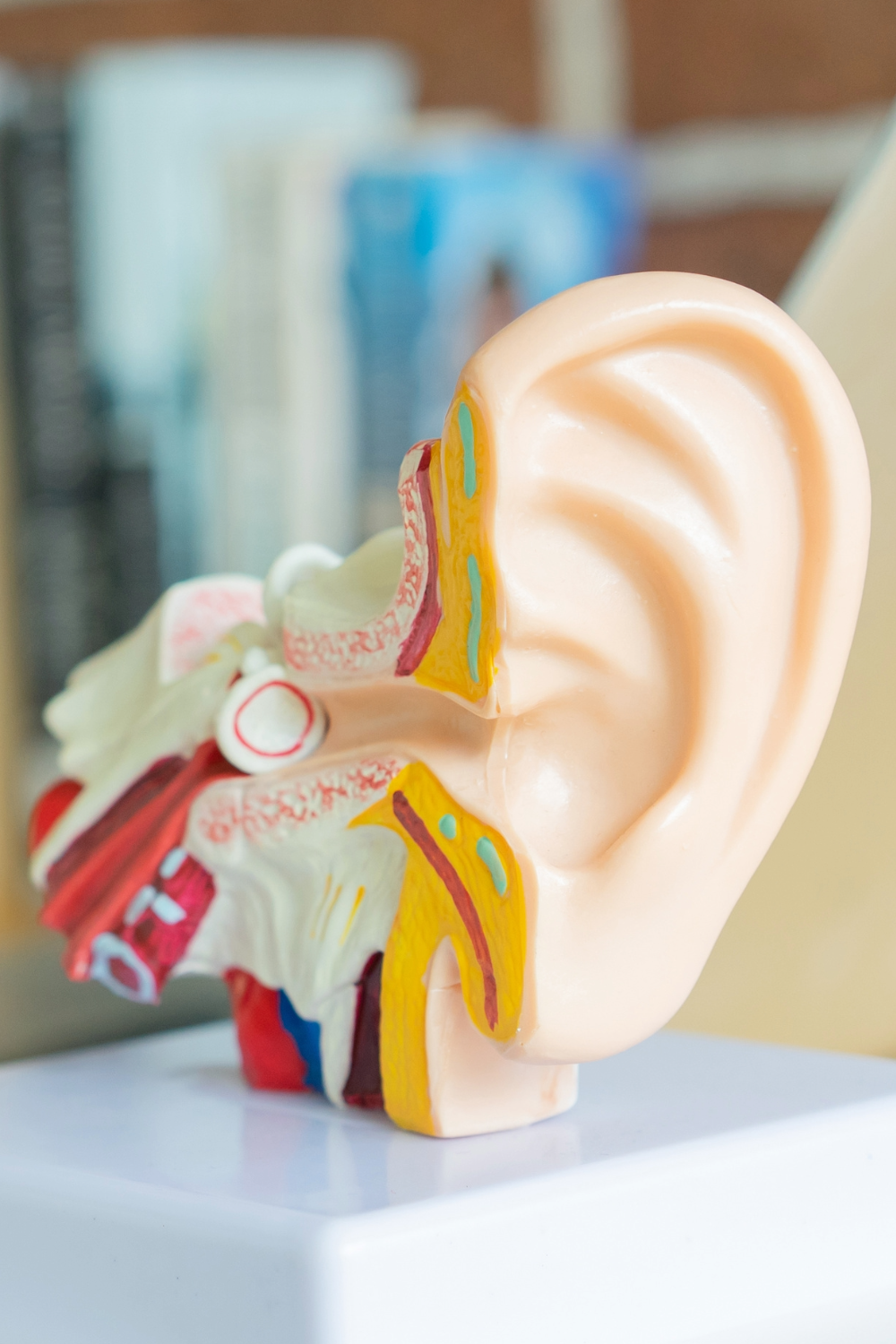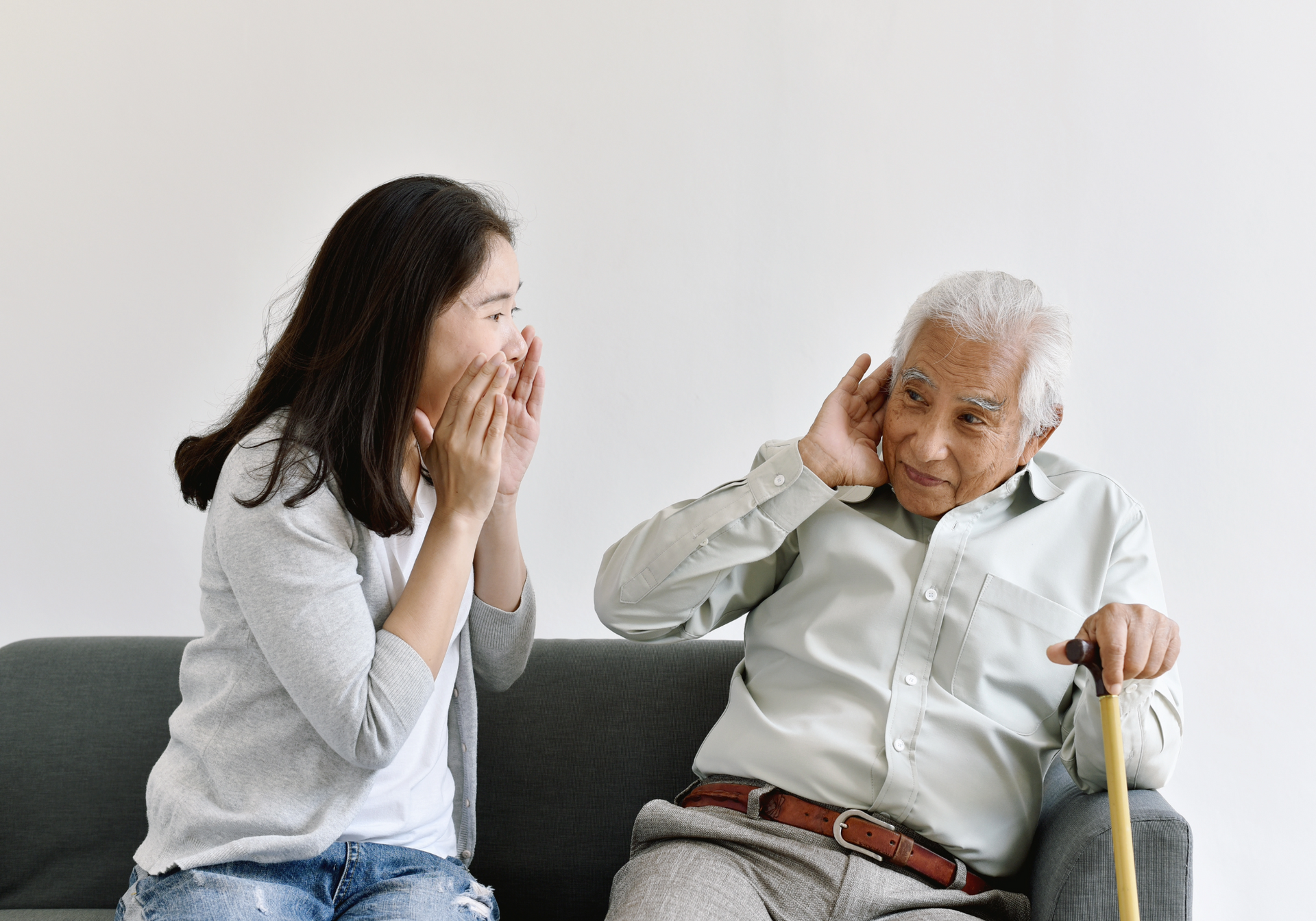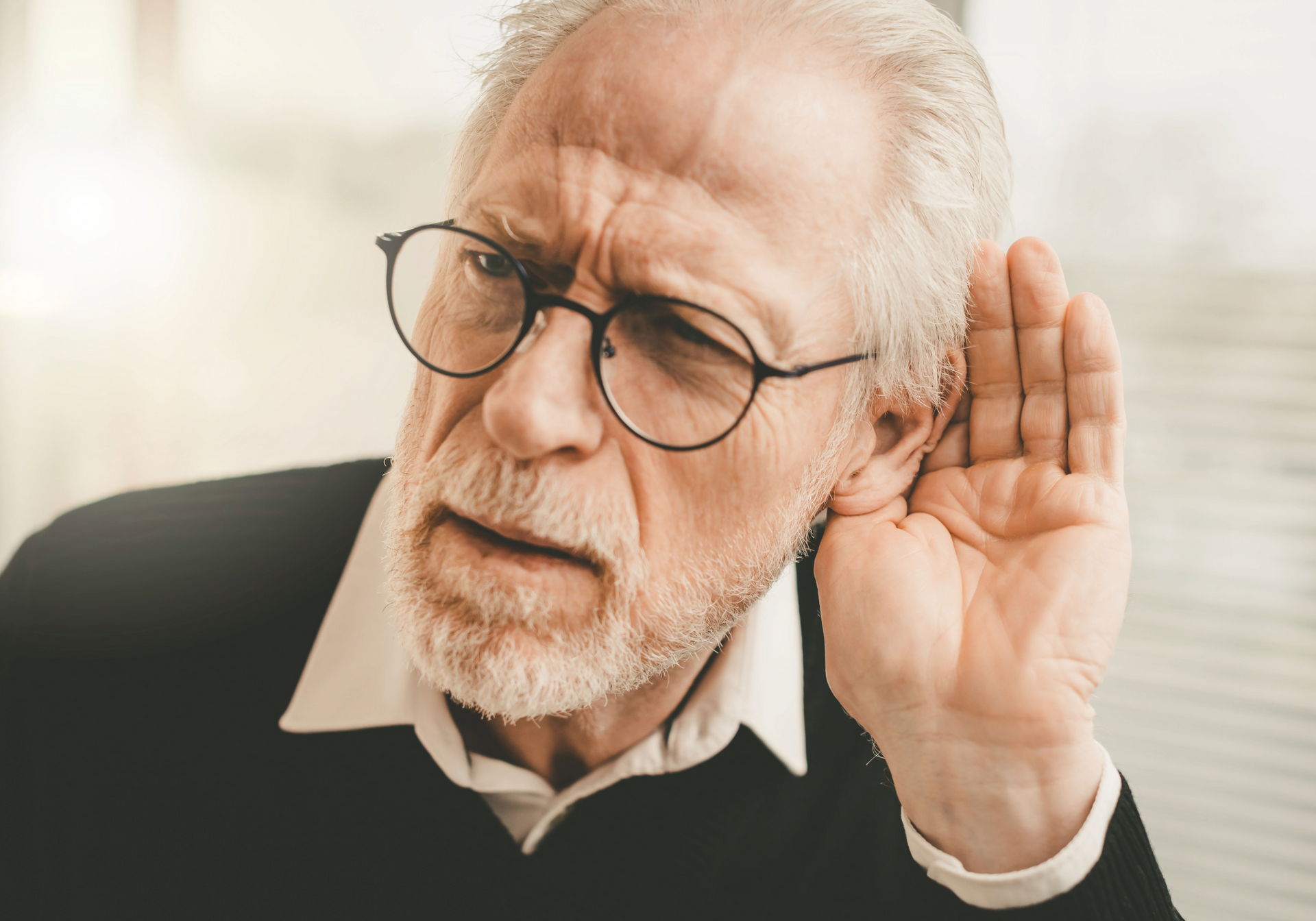Hearing Assessments
At Auditory Health Care, we believe that everyone, from infants to seniors, deserves a clear connection to the world around them. Our comprehensive hearing assessments cater to ages 6 months to 109 years, ensuring each individual receives the attention they need. We proudly participate in the Infant Screening Program, and offer personalized hearing rehabilitation services to enhance your auditory experience.
UNDERSTANDING HEARING IMPAIRMENTS
Early Detection is Key
Did you know that approximately 10% of the population - 20% of those over 65 and 40% of those over 75 - have a significant hearing problem? Hearing loss is the third most prevalent chronic disability among older adults, as both the incidence and prevalence of hearing loss increases with age. Hearing impairment can begin as early as the third or fourth decade of life, developing gradually and often going unnoticed. Hearing loss can also present at birth or in early childhood, leading to potential delays in speech and language development if not addressed.
Early detection is crucial! Early identification of hearing loss leads to better success with amplification. Don’t wait to improve your or a loved one's hearing experience - schedule your assessment today and take the first step towards better auditory health!
WHAT IS YOUR HEARING HANDICAP?
Questions to Help Evaluate
We believe that understanding your hearing health is the first step towards better communication and quality of life. Complete this simple 25-question quiz from the comfort of your home to help you identify potential hearing challenges, paving the way for a personalized assessment.
01.
Does a hearing problem cause you to use the phone less often than you would like?
02.
Does a hearing problem cause you to feel embarrassed when meeting new people?
03.
Does a hearing problem cause you to avoid groups of people?
04.
Does a hearing problem make you irritable?
05.
Does a hearing problem cause you to feel frustrated when talking to members of your family?
06.
Does a hearing problem cause you difficulty when attending a party?
Three Types of Hearing Impairments
Effective Tinnitus Management
Tinnitus is the perception of ringing, buzzing, or other sounds in the ears that aren’t caused by external noise. It can range from a minor irritation to a major disruption in daily life. Symptoms include hearing persistent or intermittent sounds, which may be loud or soft, and often occur in quiet settings. While there’s no cure for tinnitus, it can be managed through sound therapy, hearing aids, or counseling. If you're experiencing these symptoms, book an assessment today to find the right treatment plan and improve your quality of life.
COMPREHENSIVE HEARING EVALUATION
The Hearing Test Process
Understand the different evaluations we conduct to provide a comprehensive evaluation of ear and hearing health, contributing to accurate diagnosis and tailored treatment plans for your needs.
Otoscopy (Physical Exam)
Otoscopy is a physical examination of the ears - a visual inspection of the outer ear, ear canal and eardrum using an otoscope. This exam detects signs of ear infections, blockages, ear drum perforation and structural abnormalities.
Immittance/Tympanometry
Immittance testing evaluates the function of the middle ear and the mobility of the eardrum. It includes tests like tympanometry (eardrum movement in response to pressure changes) and acoustic reflex testing (muscle response to loud soundes). This helps to diagnose issues such as fluid buildup or blockages, eardrum perforations or middle ear dysfunctions.
Otoacoustic Emissions (OAEs)
Distortion Product Otoacoustic (DPO) Emissions is a non-behavioural test that evaluates how well the cochlea (inner ear) functions by measuring sound waves produced by the ear itself in response to tones. This test detects cochlear damage or hair cell dysfunction and is often used for newborn screening or individuals unable to respond to behavioral tests as no active response from the patient is required.
Pure-Tone Audiometry
Pure-Tone Audiometry, or Threshold Sensitivity Testing, is a common test used to determine the quietest sounds a person can hear at various pitches (frequencies) and volumes. Conducted in a soundproof booth, the patient wears headphones and signals when they hear a tone.
For older children and adults, signaling typically involves pressing a button or raising a hand. For younger children who may not be able to follow these instructions, play audiometry techniques are used. These involve engaging activities like placing a block in a bucket or completing a puzzle piece each time a sound is heard, making the process interactive and fun. For infants or very young children who cannot signal, visual reinforcement audiometry (VRA) is often used. In VRA, the child is conditioned to turn their head toward a sound, and a visual reward, such as a light-up toy or animated character, reinforces the behavior. These tailored approaches ensure accurate testing for all ages and help identify the type and degree of hearing loss (conductive, sensorineural, or mixed), enabling effective treatment planning.
Speech/Noise Testing
Speech/Noise Testing measures how well a person can hear and understand speech at different volumes and in noisy environments. The test involves listening to sentences or words with and without background noise and repeating them. This helps assess the real-world impact of hearing loss, particularly in noisy settings, and aids in treatment planning.
Hearing 101:
What You Should Know
Get the facts to help you make an informed decision about your hearing health.
Frequently Asked Questions
Don't Let Hearing Loss Go Undetected
If you’re noticing changes in your hearing or that of a loved one, it's time for a thorough hearing assessment. Our expert team is here to evaluate your needs and provide personalized solutions to help you or your loved one hear clearly and comfortably.










